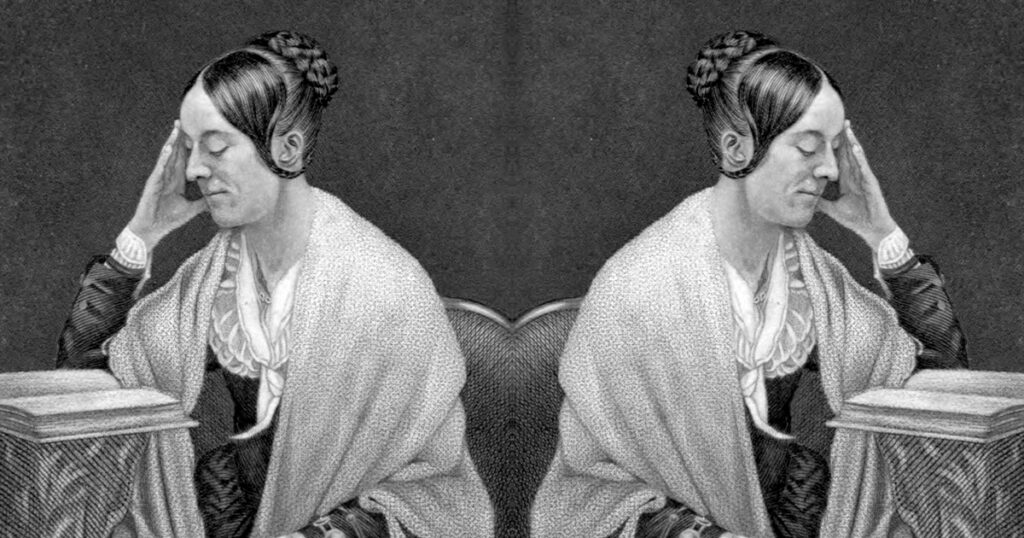
Formerly relegated to the shadows of history, the stories of five extraordinary women who played a major role in advancing the transcendentalist movement will soon be brought to light. Randall Fuller, a scholar of 19th-century American literature at the University of Kansas, is writing a book to highlight their contributions to one of the most important spiritual and literary movements in the United States.
Emerging in New England in the early 1800s, transcendentalism was an American philosophical stew, combining German Romanticism, Unitarianism, a respect for nature, and individual reliance and responsibility. The most well-known adherents and proponents were Ralph Waldo Emerson and Henry David Thoreau, but the movement had many more dedicated followers, several of whom were women.
Among them were Margaret Fuller (to whom Randall is distantly related), Sophia Peabody Hawthorne, Mary Moody Emerson, Lidian Jackson Emerson, and Elizabeth Palmer Peabody, who were friends and sometimes “frenemies,” according to Fuller. The women, who lived in Boston and Concord, were “the most deeply embedded in the Transcendental movement and the least studied,” he says.
Mary Moody Emerson, Ralph Waldo’s aunt, read poets Samuel Taylor Coleridge and William Wordsworth and pursued a career as a writer. She also kept a “spiritual diary,” which numbers 1,100 pages. Peabody, before marrying writer Nathaniel Hawthorne, made her living as a successful visual artist. Likewise, Jackson was already forging her own path as a thinker when she married Emerson.
Margaret Fuller had the most fully realized career of the group—which Randall Fuller calls “The Bright Circle”—and is the most famous. For years, she hosted a weekly conversation group for women in Elizabeth Peabody’s Boston bookstore. Twenty-five or so women paid a small fee to discuss literature, philosophy, and history among themselves. At the gatherings, Margaret Fuller challenged participants to consider, “What were we born to do? How shall we do it?”
“These conversations were one of the earliest formations of feminism in the United States,” Randall Fuller says.
Margaret Fuller left Boston to become a newspaper reporter in New York, then traveled to Europe as a foreign correspondent, covering civil war in Italy. She met and married an Italian count, with whom she had a son. Sailing home to America, their ship crashed off the coast of Fire Island, and all three were drowned. She was 40 years old. Still, thanks to Randall Fuller’s research, her story and those of her contemporaries finally have a chance to take their rightful place in the history of American philosophy.
“These women were as important to the development of transcendentalism as their male counterparts,” Fuller says. “The movement contributed to abolitionism and feminism and led to utopian communities as well.”

